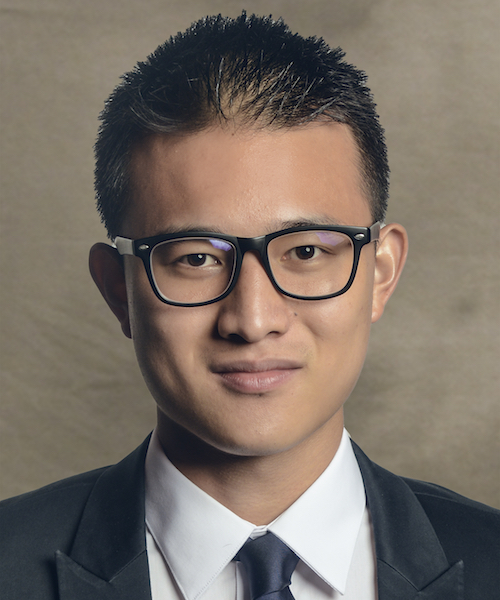
Grassroots Experience Promotes More than Creative Thinking
Amy Duan | November 30, 2016
Responding To: How U.S.-China Young People's Perspectives Influence Critical Global Issues
David Lysenko
Attending university is an amazing opportunity for all those who can afford it. The benefits of a university education are not limited to the strength of the teachers, but extend to the knowledge passed on through peers. In other words, a significant portion of the “university experience” consists of learning how best to navigate the unquantifiable, social norms that are a fundamental component of living in society. Therefore, since university students from elite universities in the United States and China have a more global outlook than the population at large, they are uniquely equipped to use civil society to effect change on the domestic and international levels.
University students in the United States and China get exposed to novel cultures and ideas through international students, regional diversity, and study abroad, which broad their ability to find commonalities with others. Elite universities in the United States and China have a disproportionately higher ratio of international to domestic students as compared to other universities because they understand the importance of pushing students’ comfort zones. International students make up 5 percent of American university students. However, international students make up 18 percent of the student body at Georgetown University and 19 percent at Columbia University. Elite Chinese universities exhibit a similar trend as 20 percent of students at Peking University are international. These international students often allow domestic students to experience the many cultures of the world without ever leaving the country.
In order to increase exposure to new ideas, in addition to hosting a high number of international students, elite universities also maintain a high amount of regional diversity. For example, only 11 percent of Georgetown University students are from the District of Columbia and only 16.5 percent of Harvard University students are from New England. The student body at Peking University likewise represents youth from every region of the country. (Admittedly, prospective students to Peking University applying from major cities tend to have a much higher chance to get in.) Since both the United States and China are so large, people from within the same country are sometimes more different from one another that with someone from a different country.
Lastly, many students in elite universities in the United States and China study abroad. 1.5 percent of students in the United States and 1.6 percent of students in China study abroad before graduation. However, elite universities, recognizing the importance of exploring the world, push students to study abroad. Thus, it is no surprise that 57 percent of Georgetown University Students and 40 percent of Peking University students study abroad. Studies confirm those who study abroad have a higher “ability to confront novel situations and communicate with others not like them… and demonstrate greater emotional confidence when living in complex situations.” Thus, most students attending elite institutions are either themselves traveling outside of their usual culture or frequently interacting with others who are. A shared global perspective united university students in the United States and China.
Importantly, students must then use their unique perspective to make a difference in the world through engagement in civil society. Engaging in civil society has been shown as an effective tool for making the government better reflect individuals’ views. So, it is vitally important that university students, those with the most global perspective and best understanding of other cultures, are heavily involved in dictating civil society. For instance, a student who studied abroad in China for a year will much better understand the nuances of Chinese culture than someone who has never spoken to someone from China. Therefore, this same student should drive civil society as it relates to U.S.-China collaboration. The best way for students to address global challenges is to use their global perspective in in engaging civil society.
David Lysenko is a sophomore in the School of Foreign Service at Georgetown University majoring in international political economy.
COMMENT FROM ZHIHANG DU (January 3, 2017):
The best way to know a country might be to go and study there. Before I went to New York City as a visiting student, almost all of the knowledge I gathered about New York came from Friends, Girls, Sex and the City and some other books and movies. It wasn’t until I began living there that I found those dramas were just about some people’s lives. As a New Yorker, you don’t necessarily have so many boyfriends, or always hurt your friends’ feelings, or have a dad who always messes up. What’s wonderful about living and studying abroad with local students is that you get to see all the possibilities happening in one place and find uniqueness in every single person. Indeed, one who studied abroad for a year will much better understand the nuances of a foreign culture than someone who has never spoken to someone from that country.

Amy Duan | November 30, 2016

Caleb Huffman | November 30, 2016

Richard Chang | November 30, 2016

Vicky Gu | November 30, 2016

Yuqian Zhang | November 30, 2016

Yuwen Long | November 30, 2016

Zhihang Du | November 30, 2016

Clay Garner | November 29, 2016